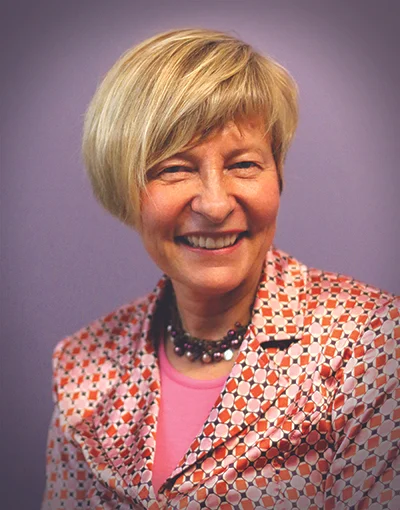Careers, ready for take-off
Colleges and institutes, such as First Nations Technical Institute, Seneca College, Durham College and ITHQ, equip their students with the means to embark on successful careers. supplied
Flying is “always a thrill” for Vanessa Brown – and when the Inuit from Happy Valley-Goose Bay, NL (above left), received her Aviation Technology accreditation from First Nations Technical Institute (FNTI) in 2017, her career immediately took off.
Training with Canada’s only Indigenous aviation post-secondary program of its kind at FNTI on the Tyendinaga Mohawk Territory and in partnership with Canadore College, Ms. Brown acquired the skills and competencies that set her on the trajectory to becoming what she is today: first officer with Missinippi Airways, an airline that serves northern – and many Indigenous – communities. In landing a desirable position upon completing a college or institute education, Ms. Brown is not alone.
“Colleges and institutes provide the kind of training that prepares people to be successful in today’s job market, since their programs are developed in close consultation with companies and communities,” says Denise Amyot, president and CEO of Colleges and Institutes Canada.
Ensuring that colleges and institutes are aware of current trends, opportunities and challenges are Program Advisory Committees, she explains. “Every single course is informed by people from the industry, who provide advice on curriculum development, the type of equipment employees need to be trained on and the competencies that are required. This advice ensures that colleges and institutes are always on the leading edge.”
“Every single course is informed by people from the industry, who provide advice on curriculum development, the type of equipment employees need to be trained on and the competencies that are required. ”
Being responsive to industry and market needs is part of the “DNA of colleges and institutes. It enables them to be prepared for the future and offer programs in emerging fields, such as the Internet of Things, AI, blockchain, cybersecurity or cannabis,” says Ms. Amyot.
According to a 2018 study by RBC, half of all jobs will be disrupted by technology and automation within the next decade, which will not only affect how we work but also how we learn. Colin Ewart, president of B.C. Colleges, believes that colleges and institutes in B.C. and across Canada are well equipped and flexible enough to meet the challenges expected in educating people for the emerging labour market.
“The future of work will demand competencies such as adaptability, teamwork and resilience, plus human skills like active listening, speaking and critical thinking,” he says. “Colleges, by design, are focused on developing such competencies and skills through programs that are built around occupation-relevant content and work experience.”
In addition, fast-paced societal and industry changes mean that learning “is not something you do once and then you’re done,” adds Ms. Amyot. “Today, it is essential to continue to learn.”
People looking to further their education will never encounter closed doors – colleges and institutes may be the first place they turn to for post-secondary education or the next place for updating skills, says Ms. Amyot.
And a variety of learning options, from boot camps and weekend sessions to part-time, full-time or accelerated programs, are designed to meet the needs of diverse students, she says. “This means that people can pursue an education at any time – and increasingly, due to the prevalence of online learning, also at any place.”
Mr. Ewart adds that the education provided by colleges and institutes “is and will remain the most affordable, accessible and applied pathway to jobs in our communities.”
ABOUT COLLEGES AND INSTITUTES CANADA
Colleges and Institutes Canada (CICan) is the voice of Canada’s publicly-supported colleges, institutes, cegeps and polytechnics. With 95 per cent of Canadians living within 50 kilometres of a college or institute, CICan’s members work with industry and community partners all over the country to offer more than 10,000 programs that equip students at all career stages to thrive in today’s job market.
For more information, visit www.collegesinstitutes.ca.
For more related to this story visit globeandmail.com



